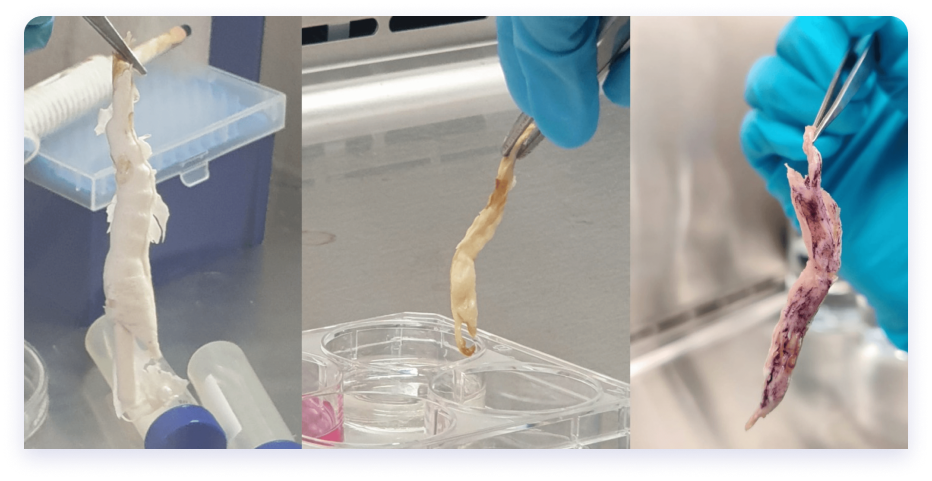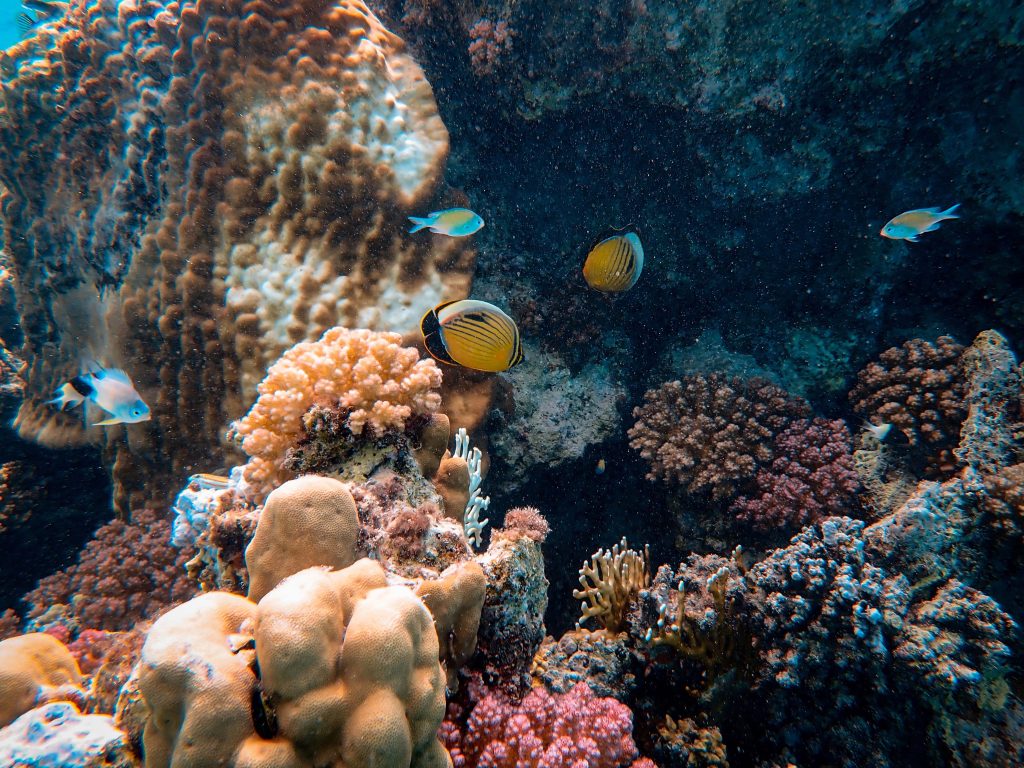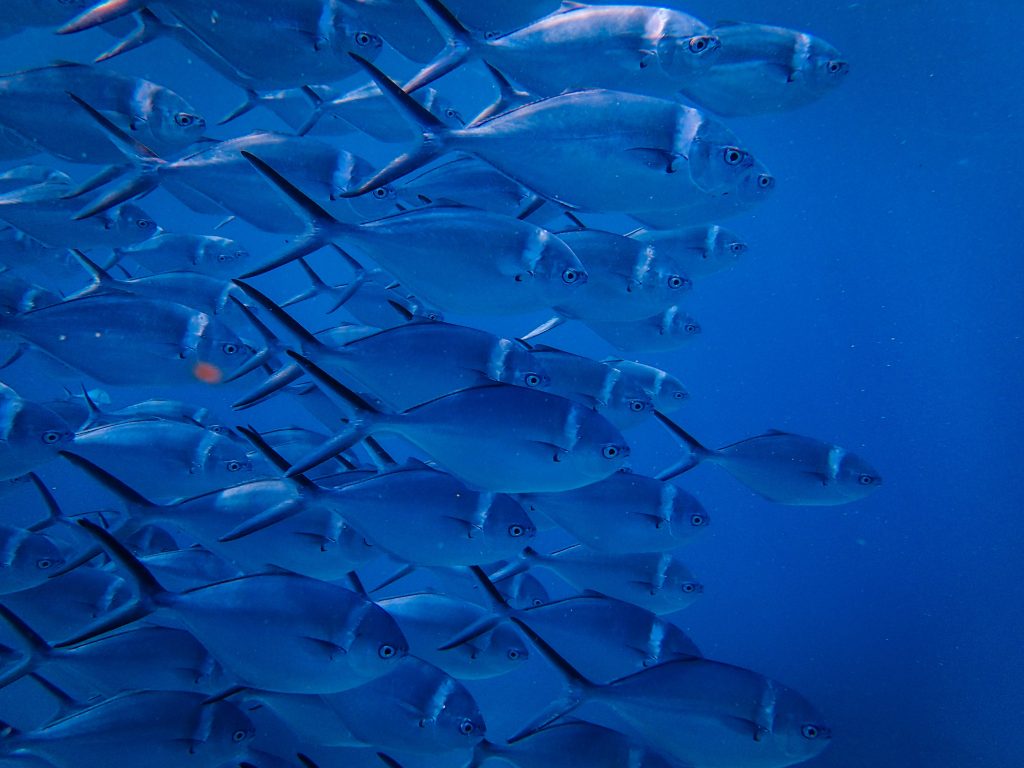4 investors discuss the next big wave for alternative seafood startups

Though investment in food technology has slowed in line with the rest of the venture capital world, the industry recently achieved some milestones that suggest the sector and the government are moving into alignment.
DNV: Global seafood demand predicted to soar through 2050 in line with population growth

Global seafood demand per capita will continue to grow through 2050, with production growing exponentially to meet that demand, according to the “Seafood Forecast” compiled by Norwegian risk management and assurance firm Det Norske Veritas (DNV).
‘Immense Potential’: Indian Government Body to Develop Cultivated Fish in Partnership with Neat Meatt

In a first-of-its-kind partnership, the Indian government is embarking on a project to create cell-cultured seafood with cultivated meat startup Neat Meatt Biotech.
8 Alternative Protein Market Predictions for 2024

The alternative protein market is evolving rapidly — but it still might not be quick enough to outrun the environmental devastation of the meat industry.
Environmental impacts of alternative proteins

Alternative proteins can reduce the environmental impact of our food system by conserving land and water and minimizing greenhouse gas emissions and other pollution. With sufficient public investment, alternative proteins will help deliver a sustainable and secure food supply.
Biodiversity benefits of alternative seafood

The rising global demand for seafood is stretching the production capacity of our ocean and coasts beyond sustainable limits and threatening biodiversity. Plant-based and cultivated seafood can help fill the growing gap with a significantly smaller environmental footprint.
The climate benefits of accelerating global production of alternative seafood

This white paper explores how plant-based and cultivated seafood could fill the growing seafood supply gap while reducing emissions associated with conventional seafood production. It details opportunities for policymakers and ocean advocates to advance alternative seafood in service of a climate-friendly and resilient seafood supply chain and healthy ocean ecosystem.
Asia at the forefront of global change: On the cusp of a new era.

Global forces are pushing the world into a new period in which rules will have to change fundamentally. In these uncertain yet exciting times, Asia is poised to lead the way.